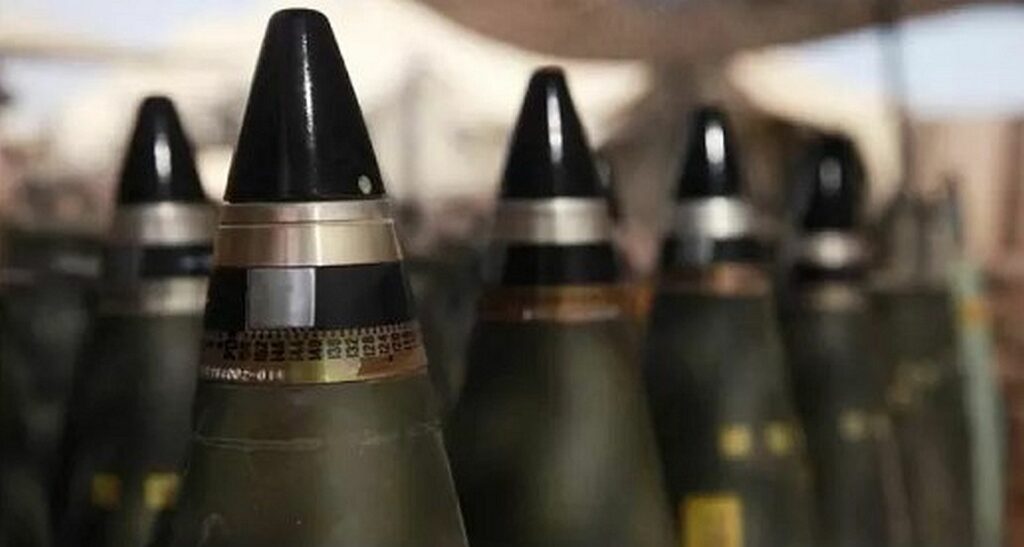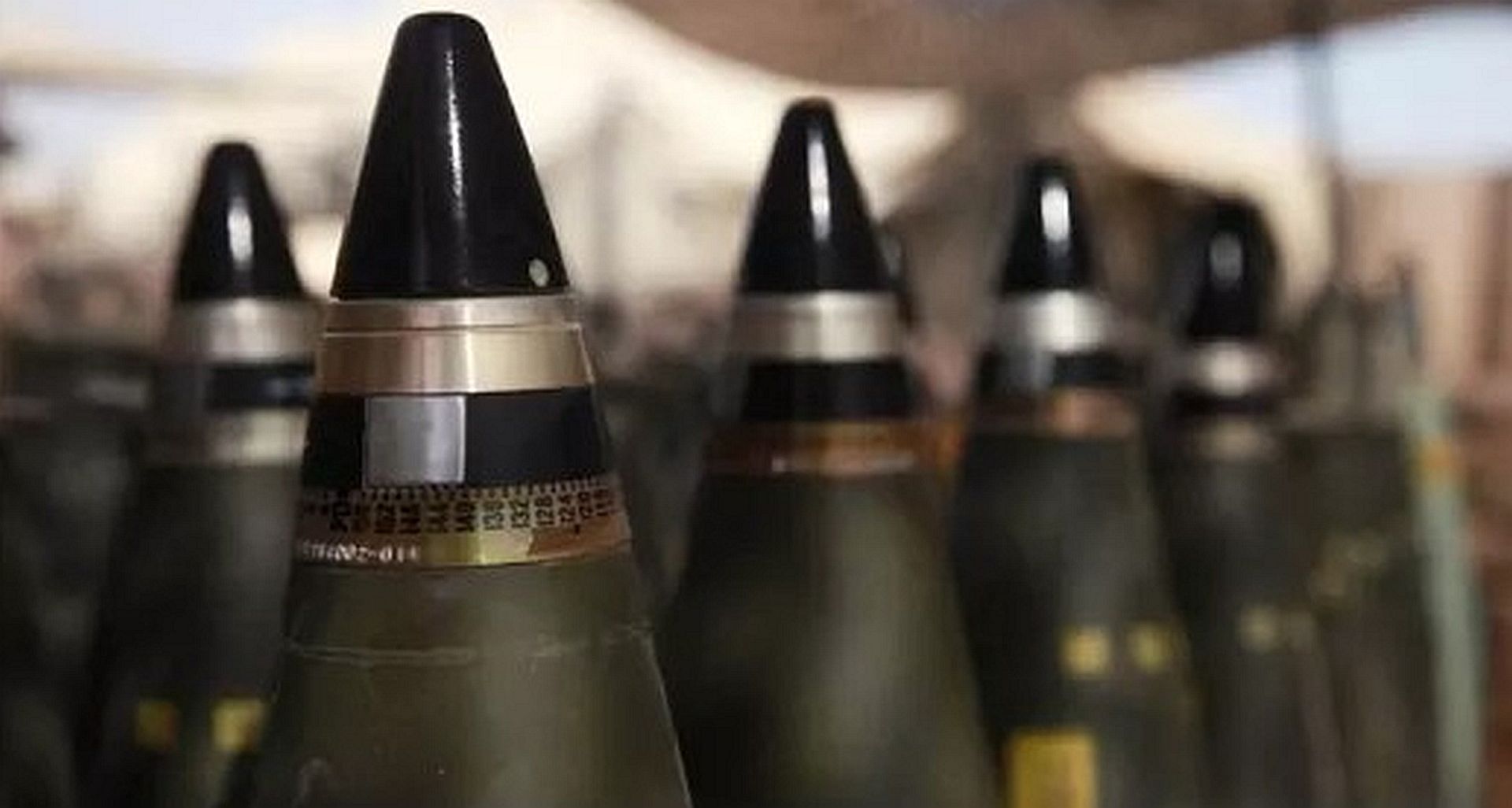BAE Systems has secured new orders for munitions from the UK Ministry of Defence (MoD) worth GBP 280 M (EUR 327.7 M) – or up to more than GBP 400 M if all options are taken up, the company announced on 11 July 2023.
The new orders build on an existing GBP 2.4 Bn, 15-year partnering agreement and will significantly increase the production of vital defence stocks such as 155 mm artillery shells, 30 mm medium-calibre rounds and 5.56 mm small arms ammunition. These are core munitions on which the British Army relies to deliver maximum effectiveness on the battlefield, BAE noted.

A number of key investments are already underway to enable the increased manufacturing rate of munitions, including an additional 155 mm machining line in Washington, Tyne & Wear; a new explosive filling facility at Glascoed, South Wales; and the reinstatement of the 30 mm medium-calibre manufacturing capability at Washington and Glascoed.
“We’re incredibly proud of our role in delivering equipment to protect our armed forces and, as the UK Ministry of Defence’s long-term strategic partner for munitions supply, we’re actively mobilising our operations in support of our NATO allies,” Charles Woodburn, Chief Executive at BAE Systems, was quoted as saying in a company press release. “This multi-million-pound investment will enable us to significantly ramp up production and sustain vital sovereign capability to deliver cutting-edge munitions, whilst creating and sustaining highly skilled jobs across the UK.”
A key learning point from the ongoing war in Ukraine for Western armed forces is the sheer volume of munitions that are expended in such conflicts. Western governments have been forced not only to backfill munitions and materiel gifted to Ukraine but to reassess and often raise the levels of munitions stocks they originally held prior to February 2022, when the Russian invasion of Ukraine began.
Peter Felstead












